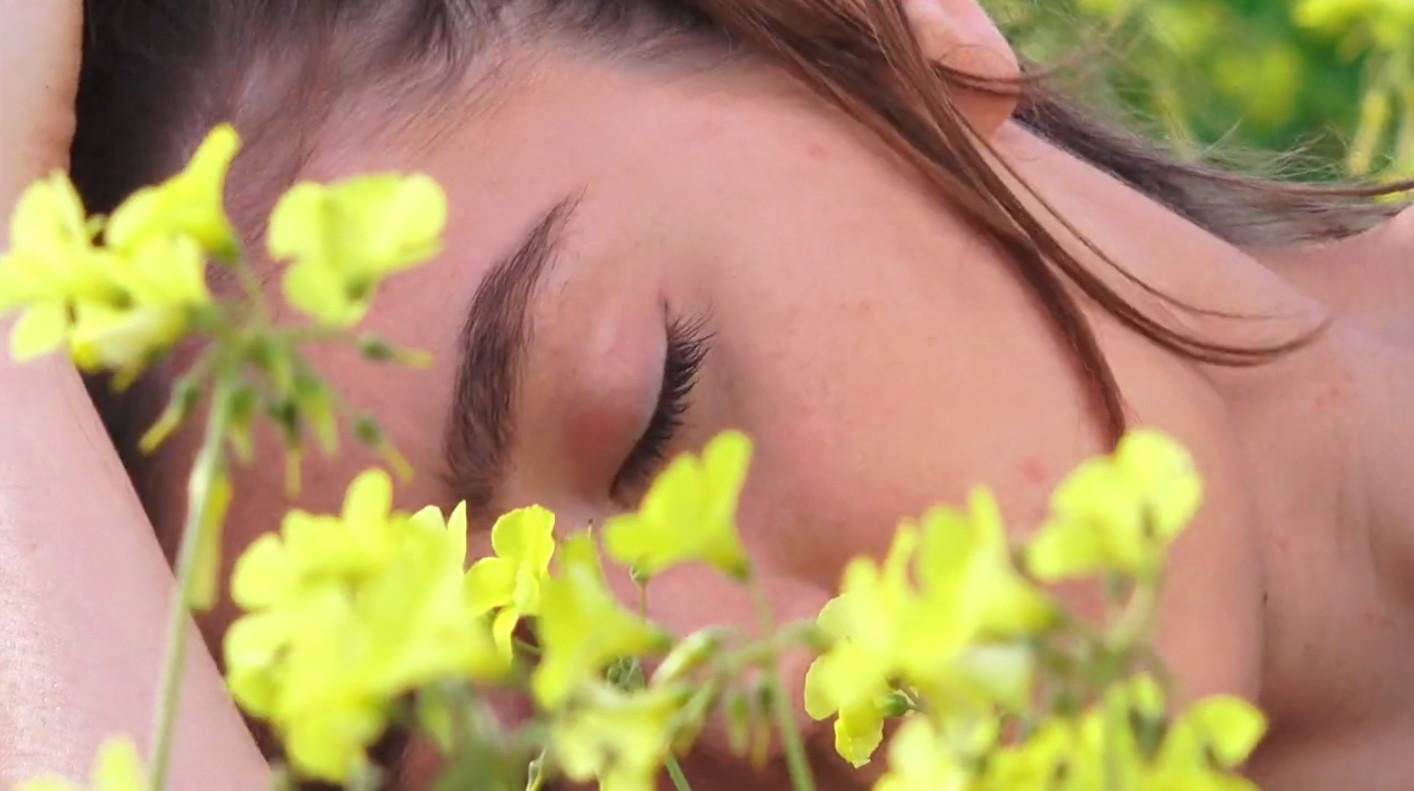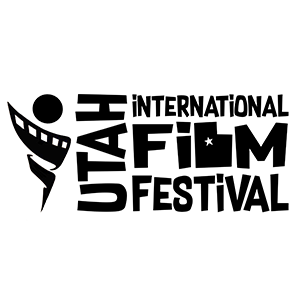4242



4242 is the story of a youth who has just moved to a new country and how her happiness takes a hit with the passage of time. This film is intended to portray the anguish of a young girl who finds herself being free and happy in a new country far away from home in the beginning but incapacitated to identify herself with her surroundings. She is constantly bombarded by the memories of her family and friends back home. She cannot contain the pain those memories bring. Her yearning for her previously happy life at her home being the primary element, her expression of reality and the difficulties that are to be faced by everyone, in general, adds another element to the film.
The photography was unfiltered and fresh. What initially seemed to be an effect conveying the earnestness and documentary like element is tends to be overwhelming at times. The colors of the picture were muted which felt appropriate to emphasize her inner emotions. Although it was necessary for her to capture the blandness of her new life by choosing the city view, the transitions of color could have helped narrate the story better. The selection of frame number enhanced her monologue and the lyricism.
The narration is not of the actions happening on the screen, but Cristi’s internal state of mind. It is truly the way to go and genuinely elevates the poetic nature of her soliloquy. She reads out her thoughts out loud in the voice-over, but it sometimes gets repetitive which could have been interpreted as poetic if the writing had been a little more informative about why her previous life was better. Constantly changing images which have no continuity add sense to her state of mind and the editing is to be appreciated for that. And the montage of her life at home is achieved in a creative way of putting all of them on one screen with multiple televisions. The sounds of the film were genuine and are an asset to the narration. The sounds that surrounded the people filmed at the end were superb. The transition of her mental state is complemented by the music that plays in the background.
4242 attempts to be profound but there are some areas for improvement on a technical level which diminish from the strong storyline. However, for a young director like Sara Eustaquio, it is truly appreciable for trying to portray the constant struggle to adjust to the newness of a youth’s life away from the comfort of her home. The lyricism is one thing that heavily contributed to the genuineness of the film and at the same time tried to achieve the depth of emotion. Cristina Caldararu’s expressions were appropriate and consistent with the narration. What could have made this film complete are the reasons for her sudden change in the perception of her life. Having already seen the previous work of Sara Eustaquio – Mirror, this film seemed a little inconsistent vis-à-vis profoundness of the story.





